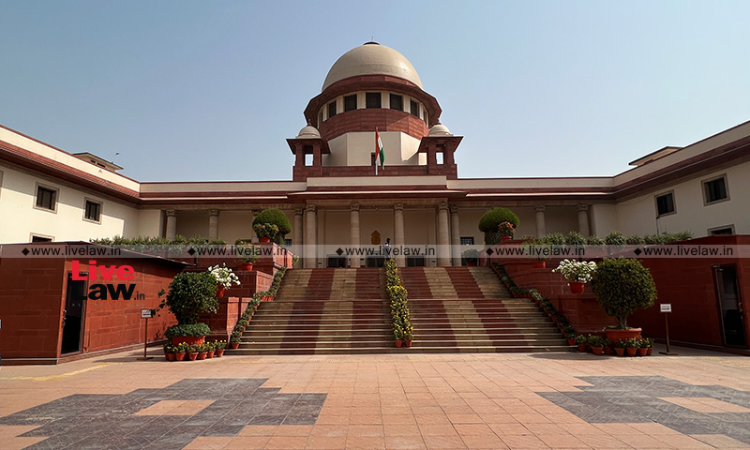Execution Of Document Does Not Stand Admitted Merely Because A Person Admits To Having Signed It: Supreme Court
LIVELAW NEWS NETWORK
10 May 2022 6:16 PM IST

Next Story
10 May 2022 6:16 PM IST
The Supreme Court observed that the execution of a document/deed does not stand admitted merely because a person admits to having signed the document/deed.The "term" execution in Section 35(1)(a) Registration Act means that a person has signed a document after having fully understood it and consented to its terms, the bench comprising Justices DY Chandrachud, AS Bopanna and Bela M....
